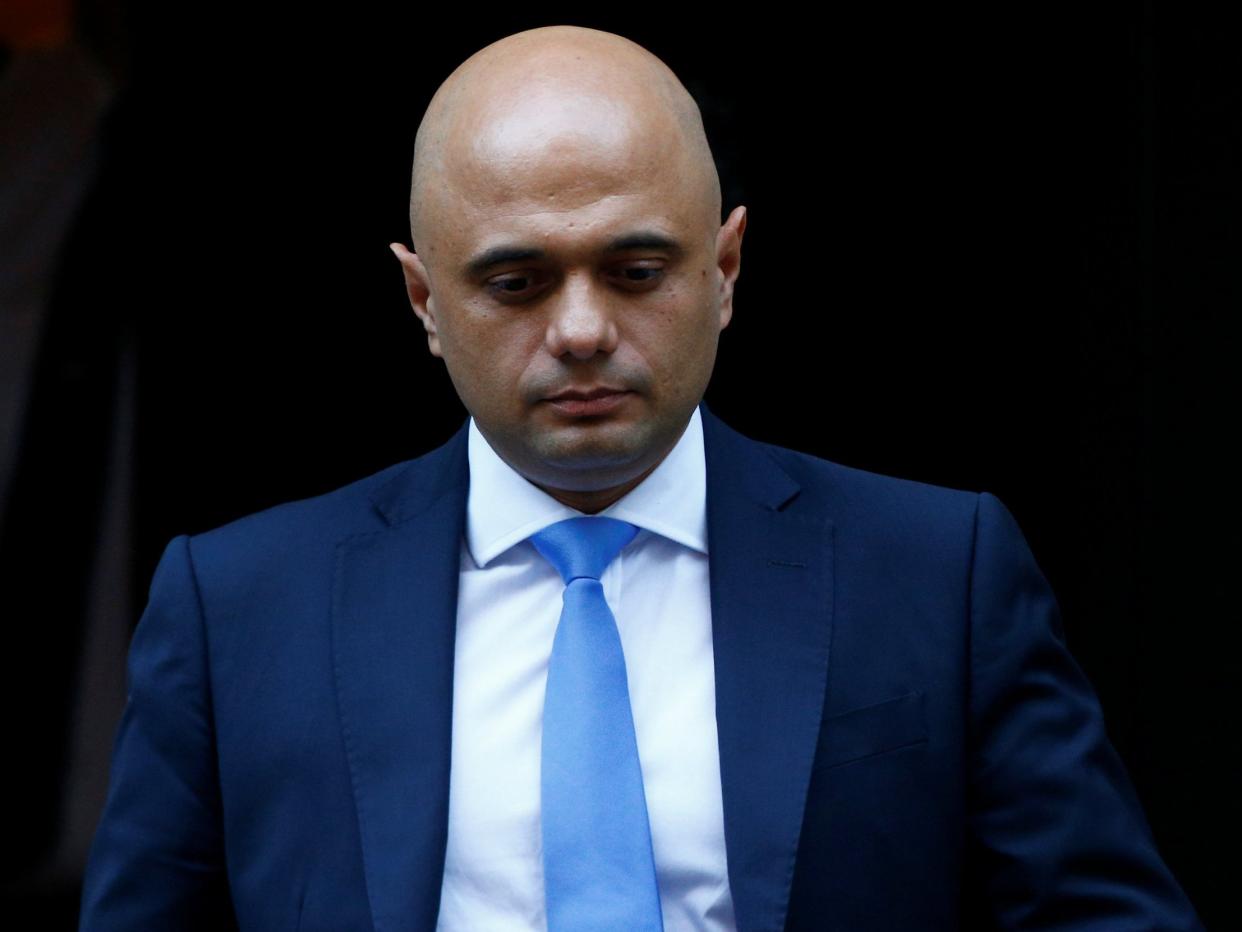The British Home Office invited me to the UK – I then embarked on a nightmare that nearly cost me my future

As an anthropologist, I’d long studied people’s thorny encounters with the state, but nothing quite prepared me for my own. Between March and October 2018, the UK work visa cap crisis saw me sent home to Malaysia for seven months – a difficult and surreal period that has hopefully had a happy ending, but needlessly threatened my career and wellbeing.
On entering the UK in 2016, I was part of a pilot scheme from the Home Office which explicitly invited international postgraduate students to seek employment here. By February this year, I had completed my masters degree and had been offered the job of my dreams by London-based behavioural insights consultancy Canvas8. Everything was coming up roses, and I returned home to Kuala Lumpur while the company applied for my work visa.
The UK allows in 20,700 skilled workers a year on tier 2 work visas, an annual limit arbitrarily introduced by Theresa May when she was home secretary in 2011. The sponsorship process normally takes eight weeks, but crisis struck in late 2017, when an NHS shortage and decline in workers from the EU saw a jump in employers’ applications to sponsor overseas employees.
The subsequent results of increased demand meeting the cap’s low limits were dramatic – over 6,000 applications were rejected between December and March alone. Before this year, the annual quota had only ever been breached once, but it was about to be hit for a record seven months in a row, denying thousands of formerly eligible skilled workers entry.
It is important to note that the cap crisis was unprecedented. From renewals to transfers and new starter visas, the paperwork had progressed relatively smoothly until late last year. Sponsored applications which met the basic requirements were accepted. The only other time the cap was ever hit, in 2015, the Home Office released the refusal figures according to occupational breakdown – a level of transparency that has still not been achieved with regards to the recent months-long glut.
By June 2018, thousands of NHS doctors who had already built lives and careers in the UK were also forced to return home with no certainty of return. Many of them, like myself, had planned their lives around the reasonable assumption of their applications being accepted. But instead of easing up, the restrictions started getting even tighter – at one point, the minimum salary required to gain entry stood, point blank, at £60,000 per annum.
Mine was one of many futures that was hanging in the balance during this period. For such a high level policy crisis, the immediate personal impacts couldn’t have been greater. I’d gone from having the opportunity of a lifetime to living out of two suitcases and wondering if I would see my friends and colleagues again. My bicycle was rusting in the English rain, and everything I owned sat in stacked boxes in a corner of a friend’s bedroom.
Things worked out for me, but not before months of prolonged emotional upheaval. With no end in sight, the constant uncertainty about the future was excruciating. My unbelievably empathetic employers took me on remotely, but nothing could make up for the loss of my forward momentum. I lost 10kg, and my frustration with the situation spiralled. Remembering the crushing helplessness still makes me feel bruised. With no avenue of appeal, there was nothing to do but wait.
I have been back in the UK for two weeks now, and owe my happy return to an employer who valued me enough to persevere with applications, as well as the relaxation of rules that freed up the quotas. But why would the Home Office encourage international postgraduates to seek employment, only to then consecutively decline most work visa applications the following year? Immigration policymakers need to think long and hard about such flip-flops, which not only force local employers to move mountains to attract talent, but also feel like arbitrary interventions in the lives of people caught in the cogs.
“Policy” is a layered word – it sounds black and white, which masks just how fundamentally it shapes personal trajectories. As Sajid Javid and the Home Office threaten to reverse the rules that ended the crisis, we would do well to remember that paperwork always filters down to the personal. Once operationalised, administrative documents become emotional events and experiences, and immigration policy doesn’t just have numerical implications, but deeply human ones, too.

 Yahoo News
Yahoo News 
